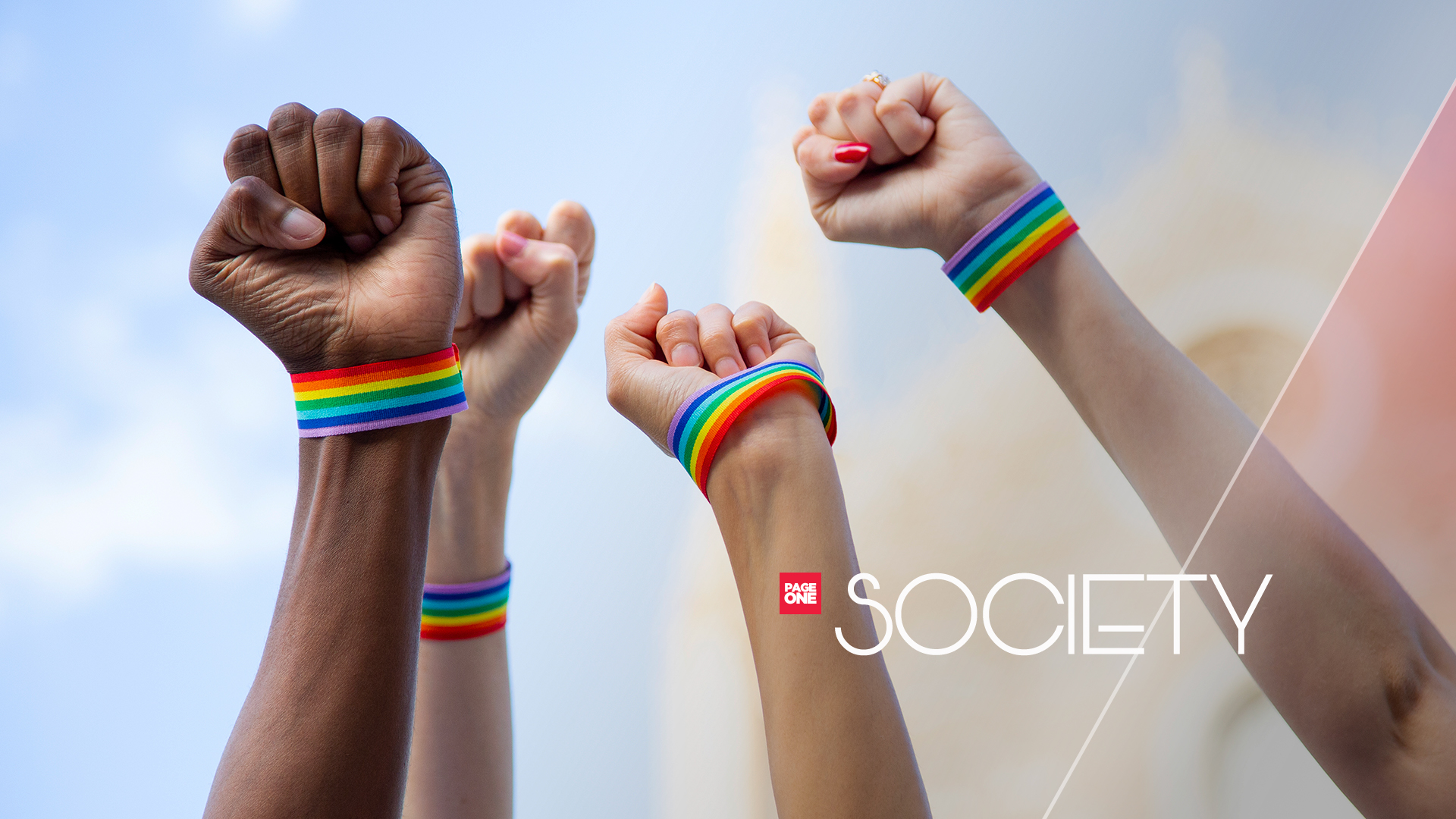With the recent issues on the proposed SOGIE Equality bill, Bataan’s first district representative Geraldine Roman has clarified its misconceptions to enlighten Filipinos on the bill’s coverage.
@geraldineromantik Pilipinas, let’s debunk common MYTHS about the SOGIE Equality Bill 🧡#geraldineroman #fyp #sogiebill
The SOGIE bill was passed in the Senate on December 6, 2022, with the goal of penalizing discriminatory claims based on sexual orientation, gender identity, and expression.
Up until today, this bill is still on hold due to numerous issues raised by some individuals, and here are some of them.
1. The bill accepts same-sex marriage.
Senate Bill 689, or the SOGIE bill, only includes measures that would penalize any discrimination pointing to sexual orientation and gender and does not cover any statements on same-sex marriage.
In today’s governance, the presence of same-sex marriage is still in due process as Senators are still debating if the government is ready to adopt such an action.
2. The bill permits a person to legally change her gender.
As stated in the previous explanation, the SOGIE Equality Bill only caters to measures of unfairness on different genders and sexual orientations, and this does not also automatically mean that individuals can legally change their gender.
If an individual wanted to make such change, other legal measures should be taken through seeking help from a lawyer or legal management office.
“Para mangyari po ‘yun, dapat mayroong legal na proseso na daraan sa mga hukuman,” Roman said.
3. The SOGIE Equality Bill and Bill of Rights are the same.
In the 1987 Constitution, the Bill of Rights is considered legally binding. While the protection of human rights states that no person should be deprived of life, liberty, or property without due process of law, nor shall any person be denied the equal protection of the law.
While the SOGIE Equality Bill, also known as the anti-discrimination bill, is proposed to penalize discrimination on the basis of gender and sexual orientation.
This being said, Roman emphasized that the constitution is not self-executory which is why the country needs the SOGIE Equality Bill.
She added that we need laws to specify what actions are considered discrimination and what penalties are to be given for them to prevent unequal treatment due to an individual’s sexual orientation.
4. The bill disrespects the country’s freedom of religion.
The SOGIE bill doesn’t disrespect the country’s freedom of religion; it is, in fact, recognizing the rights of people to equally follow their own religious beliefs regardless of their gender identities.
As expressed by Roman, the said bill would not abolish freedom of religion because it would only provide measures when an individual was harassed due to their sexual orientation.
5. Other national problems should be prioritized rather than the SOGIE Equality Bill.
In Roman’s video, she emphasized that it is Congress’ obligation to handle the nation’s problems such as this kind of inequality to provide a better environment for Filipinos.
“Kailangan ba natin mamili kung ano ang uunahin? Bakit hindi natin pagsabay-sabayin bigyang lunas ang mga problemang ito,” Roman said.
With this, Roman denotes that there is no need to rank each bill to be prioritized because if it is for the betterment of the country, the government should take action.
These myths about the SOGIE Equality Bill prove that each misconception should be addressed to further educate an individual about the needs of the nation. How about you? Do you have any thoughts about this matter?
Source:
http://www.senate.gov.ph/, https://www.idea.int, https://officialgazette.gov.ph/




